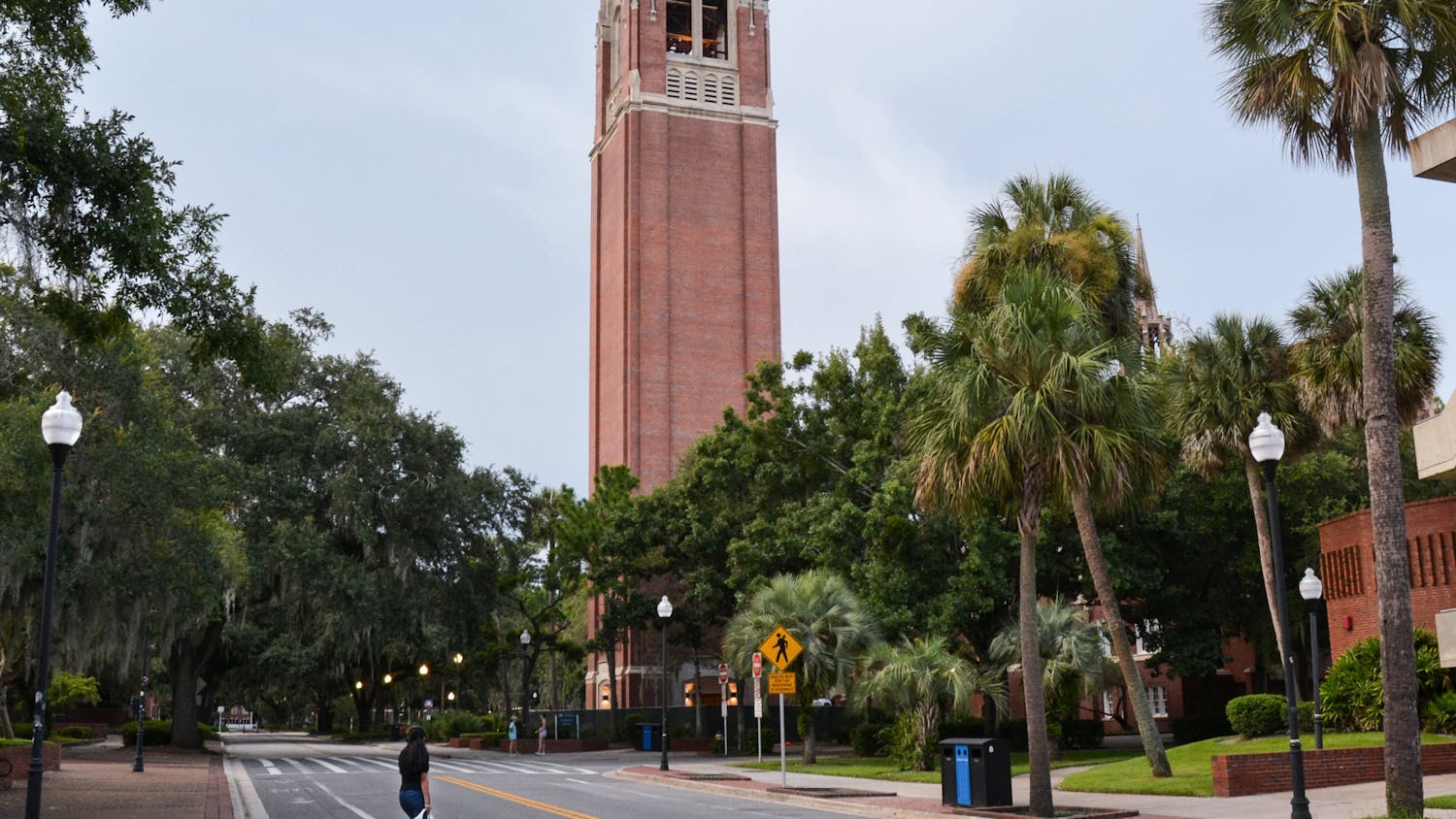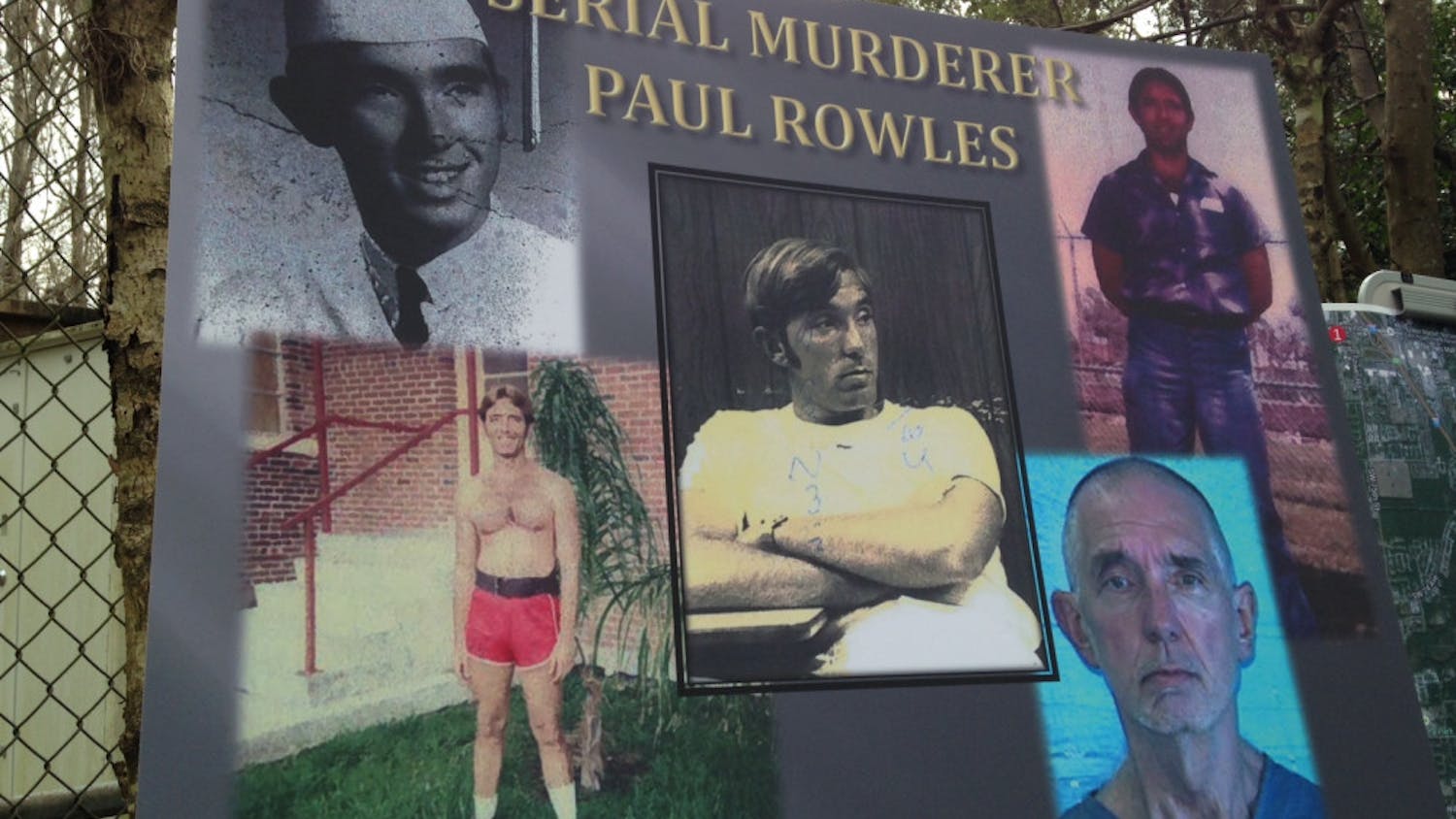The living dead is back with a vengeance and a 140-character limit.
The LivesOn app for Twitter, which debuts this month, sends out tweets after a user passes away.
The living user would sign up for a LivesOn account with a new handle, and it then follows and analyzes their original Twitter feed.
The account learns the person’s tastes, likes, dislikes and syntax to recreate tweets that are similar to the original user’s.
“The goal is to get it to almost become like a twin,” LivesOn creator Dave Bedwood wrote in an email. “So you can go and do other stuff whilst your LIVESON version scours the Internet for the things you would like to read and watch.”
The feed is automatically set to private, unless the user wants to make it public.
LivesOn executors, which can be family members or close friends, can decide whether the feed stays live or not.
LiveOn has not released a price yet, according to its Twitter page.
Bruce Floyd, UF social media specialist, said the question of who owns a person’s social media account when he or she dies depends on the terms of service for the site.
For Twitter, an account’s username, a notarized statement, a copy of the deceased user’s death certificate and a government-issued ID is needed to deactivate the account, according to the site’s help page.
Floyd said letting an algorithm determine someone’s personality may not be accurate.
“If you just pass away and you continue to tweet, it’s a little bit morbid,” he said.
However, Bedwood disagrees.
“It feels evolutionary in a way, inevitable that man will use technology to somehow live on,” he wrote.
UF student Brandon DeLucca said it might be traumatic for the friends and loved ones of the person who passed away to see tweets from them.
“In the short term, people will be dealing with the tragedy of losing a friend,” said the 20-year-old preprofessional pharmacy sophomore. “It might provide a good reminder once people have adapted and gotten over grief for them.”
Bedwood said there will always be people who think LivesOn is trying to bring back the dead.
“It does raise a serious question, but it is also just an experiment,” he said.





